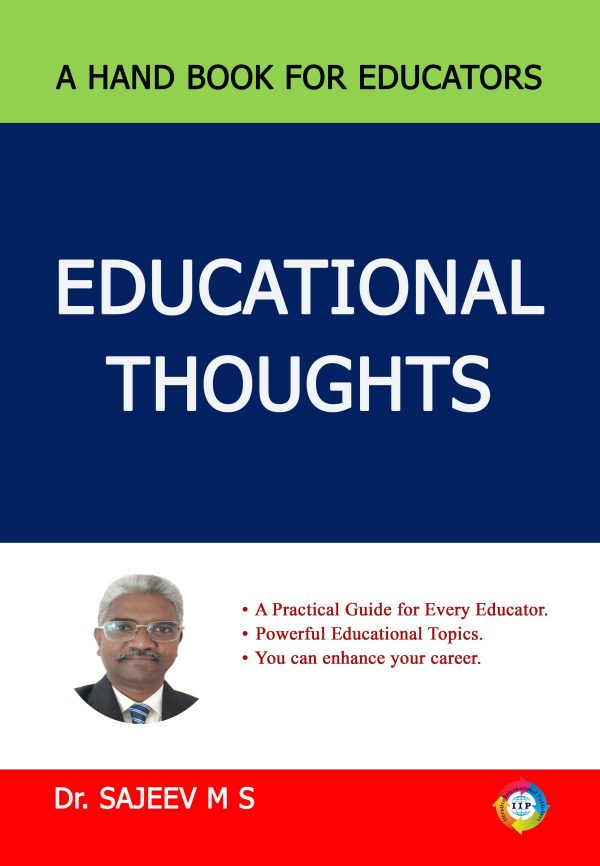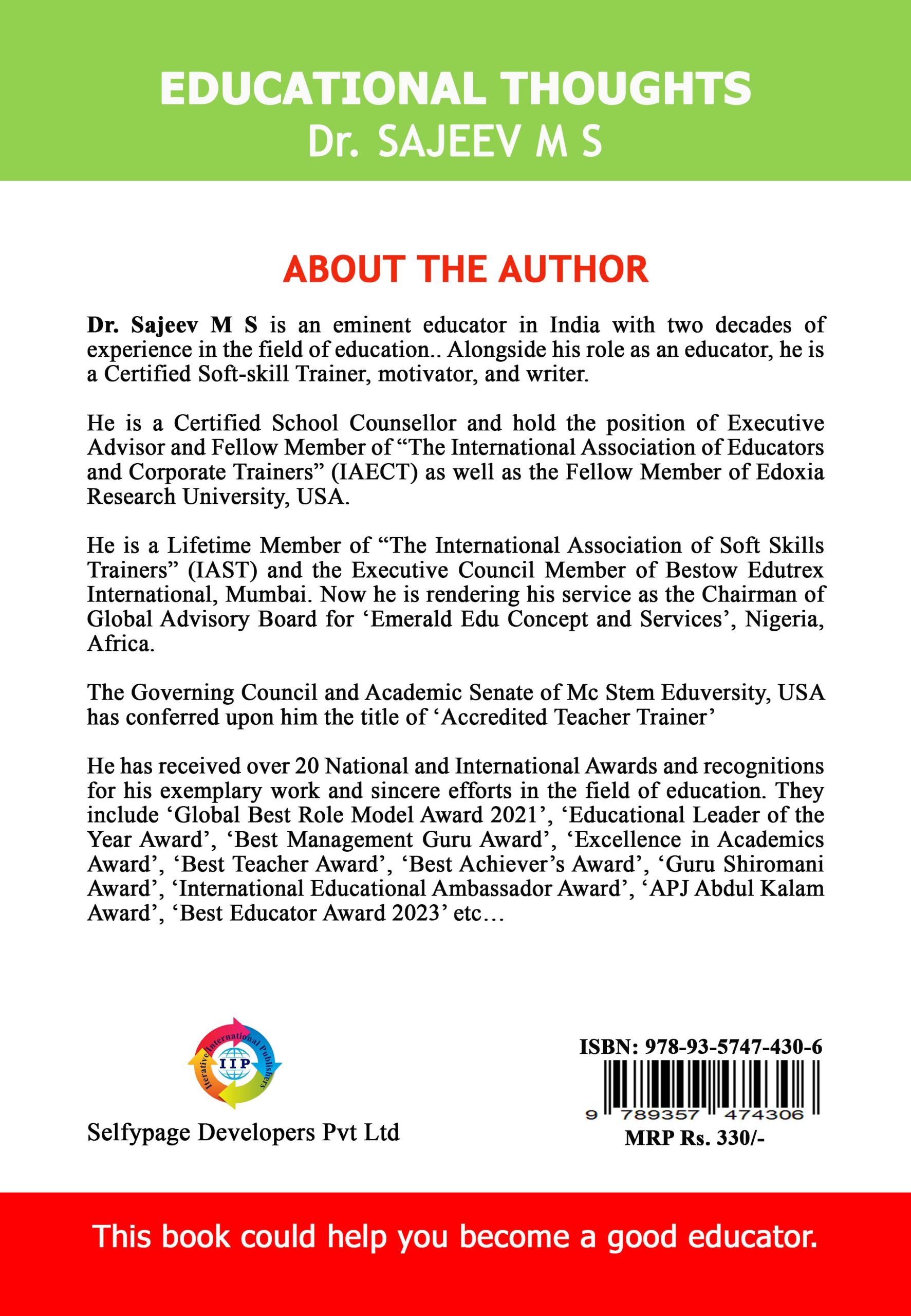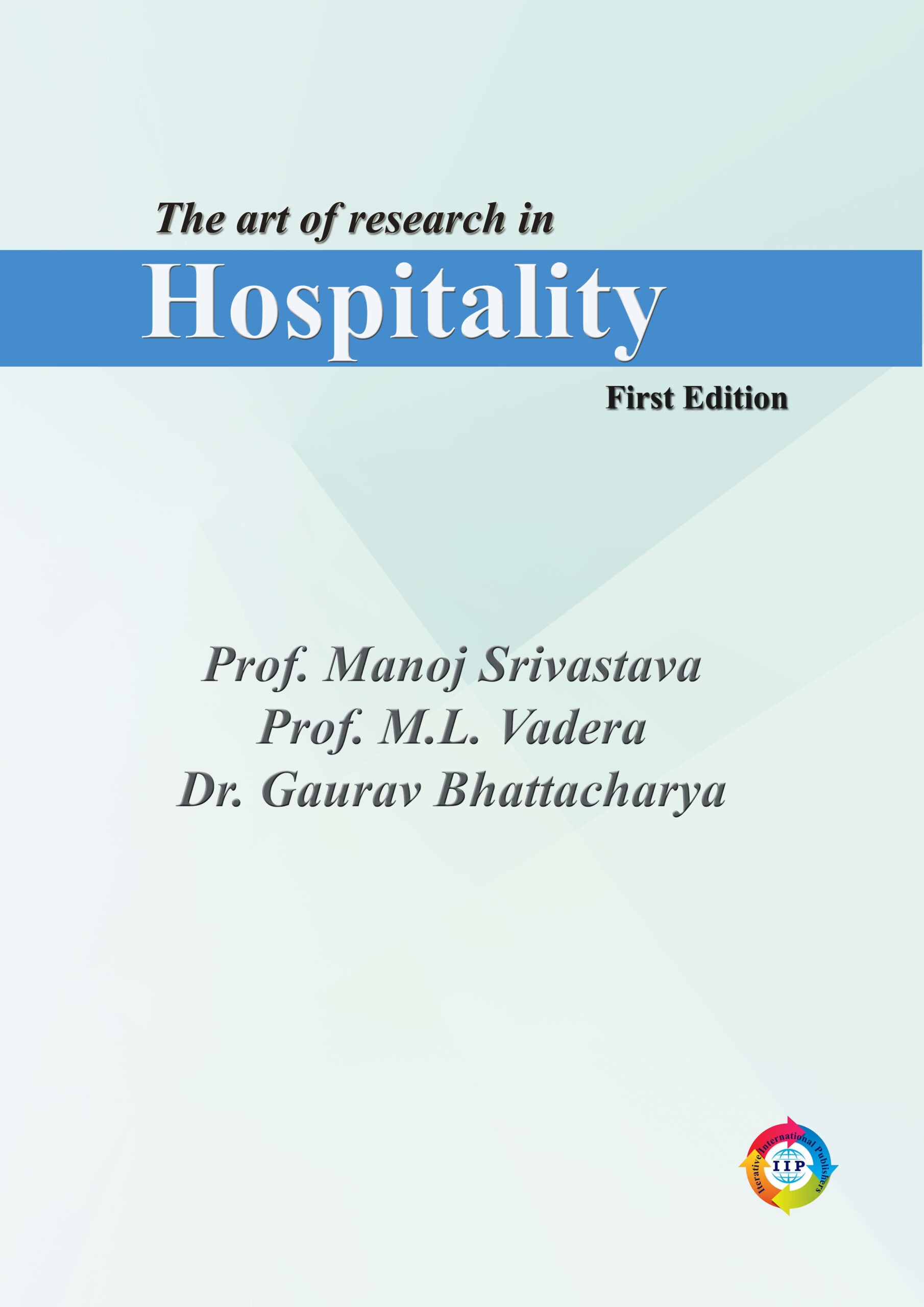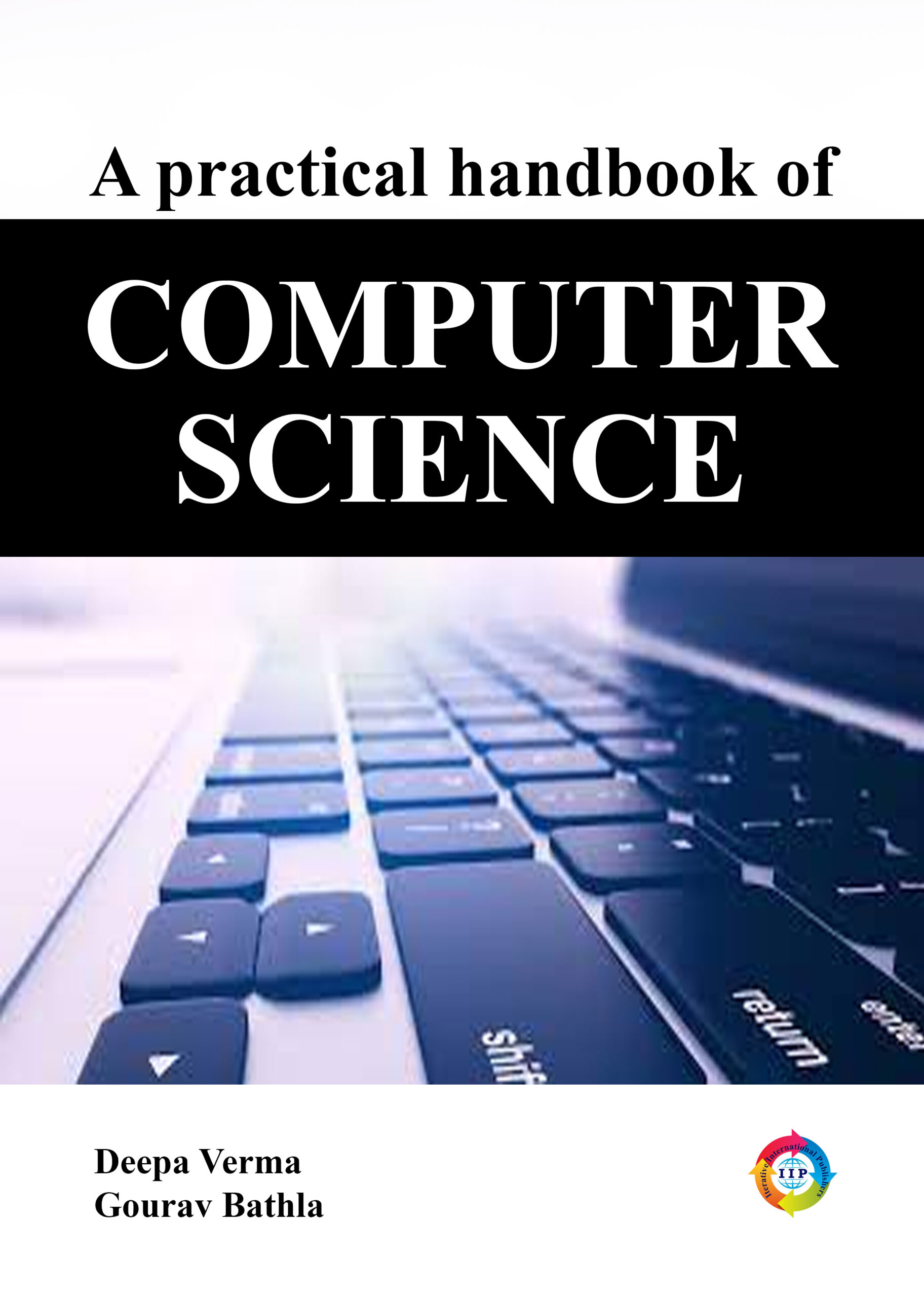An educator is a dedicated professional who plays an important role in
moulding pupils’ minds and destinies. Their primary goal is to promote
intellectual progress and inculcate useful knowledge, skills, and values in their
students. To stimulate critical thinking and creativity, educators use a variety of
instructional approaches, participate in active conversations, and create dynamic
learning settings.
They customize their approach to accommodate a wide range of learning styles
and skills, ensuring that each student receives personalized attention. Beyond
academics, educators function as mentors, providing guidance and emotional
support to students in order to help them overcome obstacles and thrive in their
endeavors. Their commitment to education enables the next generation to
realize their full potential and make a meaningful contribution to society.
Educators have an important role in students’ lives, impacting their academic,
psychological, and social development. They are not just teachers, but also
mentors, assisting pupils through their educational path. Educators foster
curiosity, critical thinking, and a desire to learn. They build self-confidence and
a good self-image by creating safe and inclusive venues for students to express
themselves.
Educators modify their approach to suit to different learning styles by
recognizing individual strengths and shortcomings. They inculcate important
values such as discipline, respect, and empathy, assisting kids in becoming
responsible and caring individuals. Ultimately, educators have the ability to
mould future leaders, thinkers, and citizens.
Educators shape society by passing on knowledge, skills, and values to the next
generation. They contribute to the general advancement of society by creating
an informed and capable population. Educators promote innovation and growth
by encouraging critical thinking, problem solving, and creativity. They cultivate
a harmonious and inclusive community through promoting social cohesion,
tolerance, and empathy.
Educators also encourage lifelong learning by cultivating a culture of constant
growth and flexibility. Finally, their influence extends far beyond the
classroom, as the values and knowledge they transmit influence the next
generation of leaders, workers, and citizens who will alter society’s trajectory.
Educators have the transformative capacity to alter the course of history. They
are the knowledge architects, shaping the minds of the next generation.
iv
Educators motivate children to become active and responsible global citizens by
instilling education, values, and critical thinking.
They plant the seeds of creativity, advancement, and empathy in the hearts of
their students via their dedication and passion. As these students mature into
leaders, professionals, and community members, they carry the principles they
acquired from their teachers with them, influencing their respective fields and
society as a whole. Thus, an educator’s influence ripples far beyond their
classroom, leaving a lasting legacy of constructive change in the world.
I go into the deep and transforming world of educators in this scholarly book.
This book emphasizes the critical role that teachers play in influencing the next
generation. Exploring the art and science of education, I dig into the practices
that distinguish excellent instructors.
This book explores the tremendous impact educators have on students and
society, from stimulating creativity to supporting inclusivity. Readers will learn
the true meaning of education and get a greater understanding of the significant
influence they have in shaping the future.
This book, I believe, can be used as a handbook for all educators. It is a
compilation of my weekly thoughts. This book is dedicated to all instructors,
educators, and students.









Reviews
There are no reviews yet.